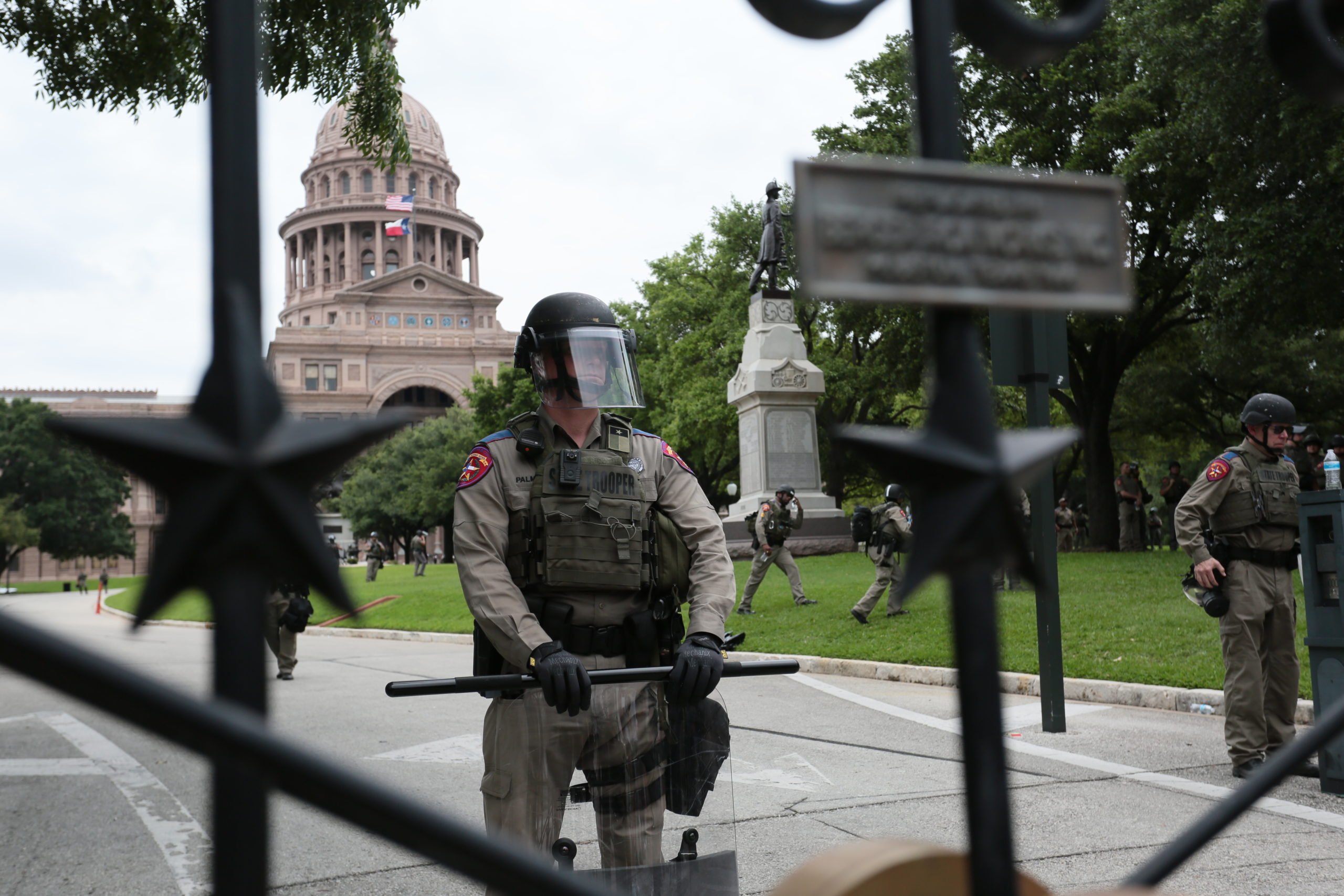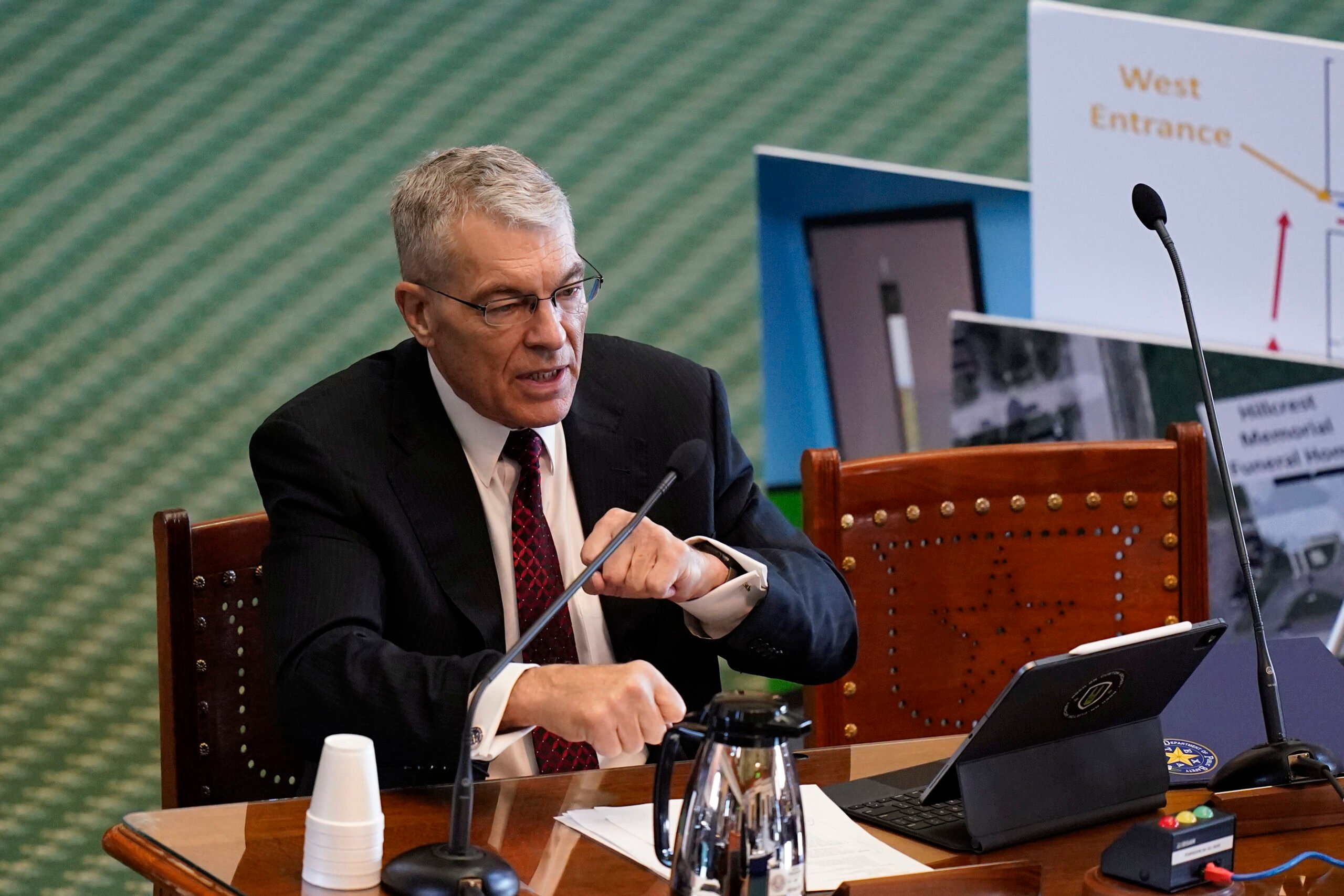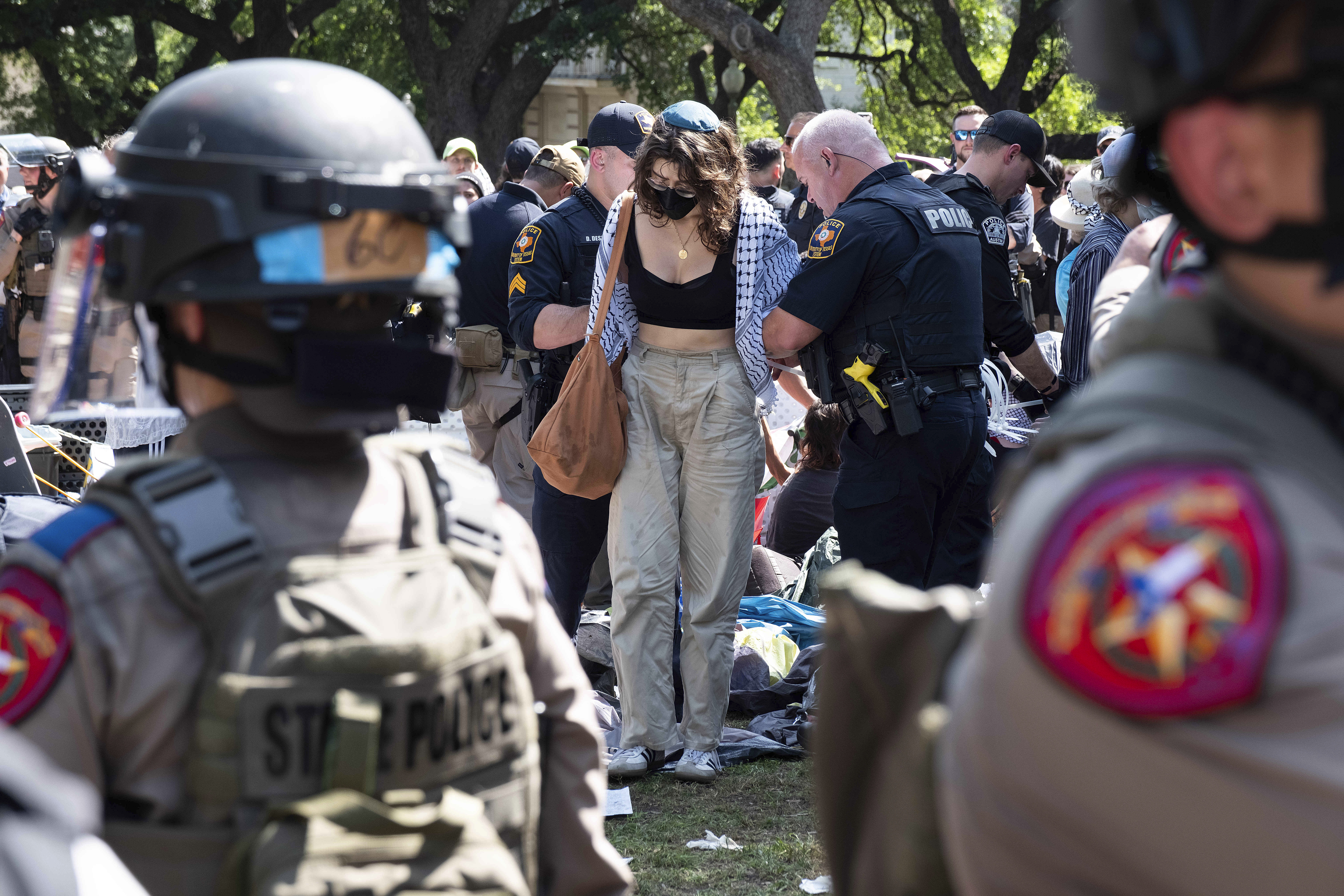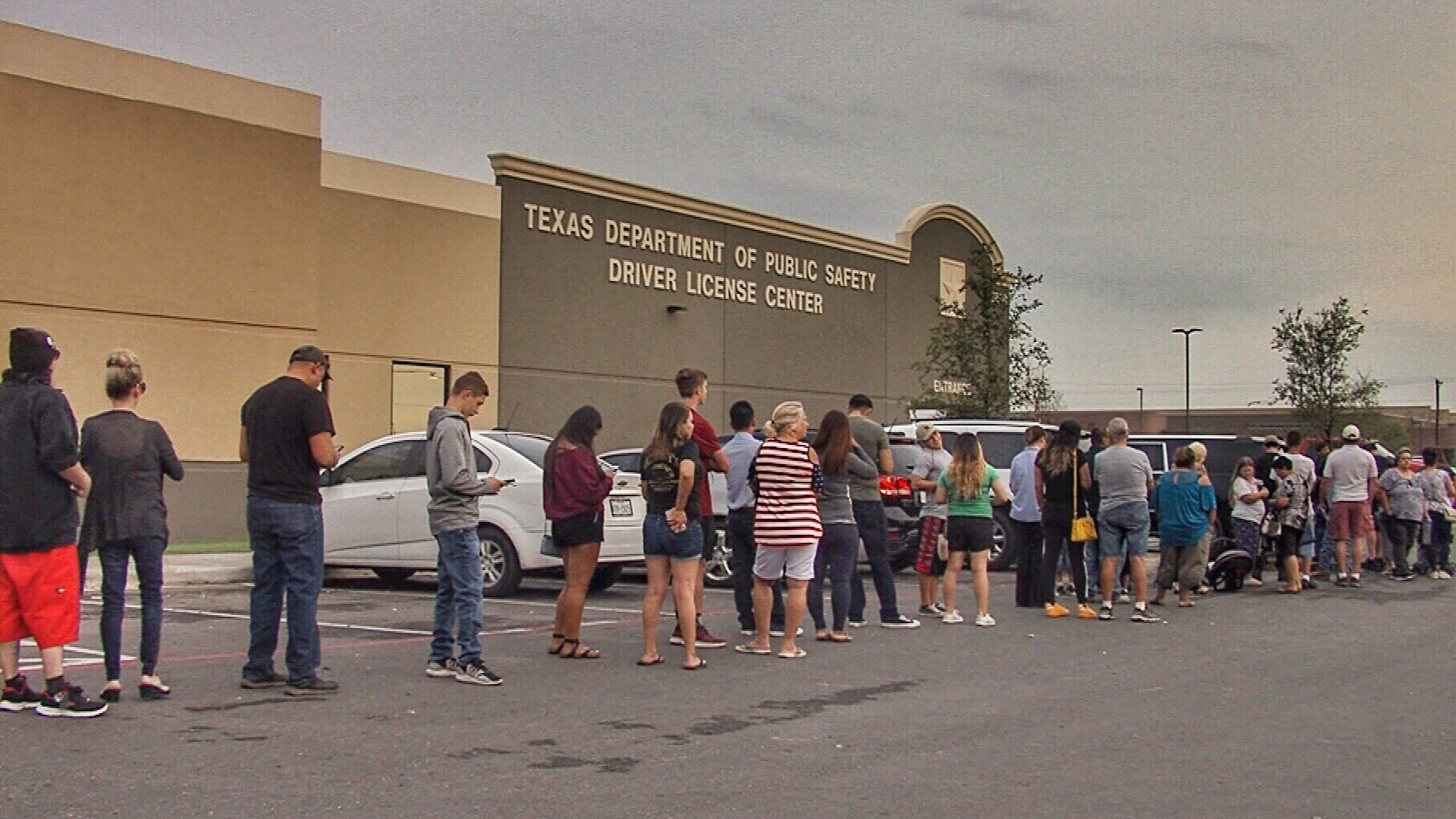
Lawmakers Killed a Plan to Shut Down 87 Driver’s Licenses Offices. That’s Good News for Voters.
The DPS proposed to close “inefficient” driver’s licenses office in mainly rural areas, even though it would have created an extra hurdle for voters to get state-required photo ID.

In a victory for Texas voters on Wednesday, a panel of state lawmakers unanimously killed a proposal to shutter up to 87 “inefficient” Department of Public Safety driver’s license offices in mostly rural areas. DPS issued the proposal after the Sunset Advisory Commission, a state agency focused on government efficiency, asked DPS to “develop and implement a plan to close inefficient driver license offices.” But doing so would have drastically increased travel times for people who need to obtain a government-issued ID, which is required to vote in Texas.
For example, the DPS plan suggested closing the driver’s license office in the impoverished border town of Presidio, which would have forced residents to drive more than 100 miles farther just to get a driver’s license. The commission staff noted in its report that 77 DPS offices have only one staffer, and some of those saw fewer than 1,000 “transactions” in the last fiscal year. By the agency’s logic, the offices don’t do enough business to qualify as being efficient.
“I had a hard time wrapping my head around the idea that an office in Presidio would be inefficient just because there aren’t many people in Presidio,” said state Representative Poncho Nevarez, a Democrat from Eagle Pass who represents Presidio, at Wednesday’s hearing. “We have to provide people an opportunity to get a driver’s license without driving 100-something miles to get one.”
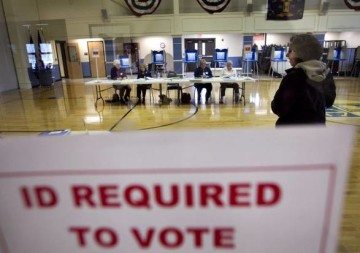
Nevarez predictably voted against the proposal. So did state Senator Robert Nichols, a Republican who represents some of the East Texas counties also targeted with closures. Some lawmakers at the hearing cited a flood of constituents calling to oppose the closures.
If the proposal had passed, it could have spelled trouble for people who need to obtain photo ID from DPS office to vote. In the last decade, the Republican-controlled Legislature has done its damndest to make it harder to vote — particularly for younger, elderly and minority voters — under the guise of election integrity. In 2011, lawmakers passed a controversial law requiring voters to present certain forms of state-approved photo ID to cast a ballot. After federal judges found the law to be discriminatory against blacks and Latinos, legislators passed a new voter ID law last year that was ultimately upheld by a federal appeals court.
The closure of DPS offices would have represented another hurdle for voters, said Myrna Pérez, deputy director of the Democracy Program at the Brennan Center for Justice in New York. “Too many Texans already face substantial barriers getting to a DPS office. Exacerbating those barriers could have had real implications for who would be able to vote,” she said.
The potential savings from shutting down the DPS offices were estimated at $760,000, a pittance compared to the DPS’ $5.3 billion in total budget for 2018. And the suggestion to close a constellation of mostly rural driver’s license office to save a comparatively small sum shows where the agency’s priorities lie; the DPS has foamed at the mouth to boost its “border security” mission, spending $800 million to protect Texas citizens from the alleged threat posed by undocumented immigrants. In 2018 alone, DPS plans to spend 10 times as much as it would have saved by closing the offices — about $7.2 million — on “fuels and lubricants” for vehicles in its border security operations.
